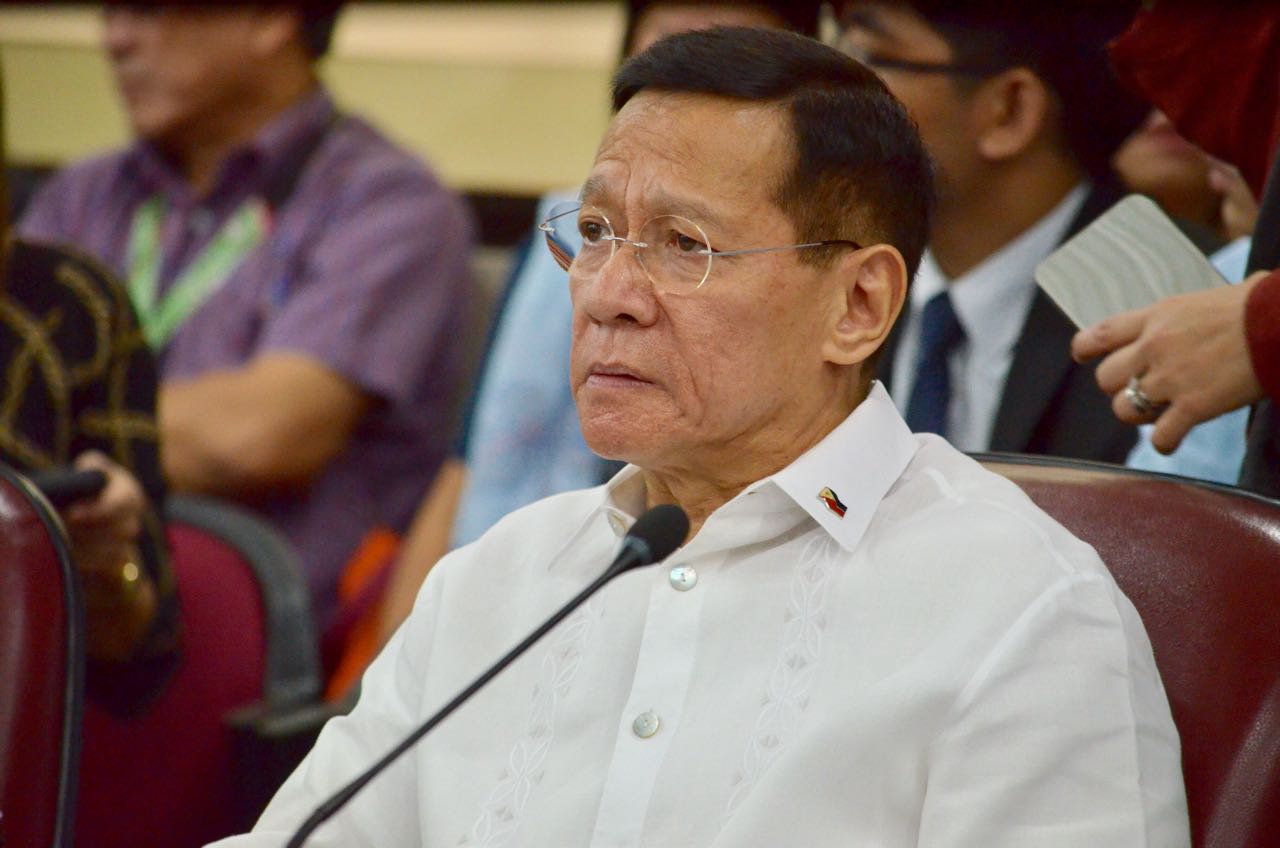DOH’s low budget use continues; unused funds amount to billions

Credit to Author: kadraneda| Date: Mon, 29 Apr 2019 11:36:59 +0000
MANILA, Philippines — Unused funds earmarked for the Department of Health (DOH) continue to balloon – with some P9 billion unused funds in 2018, a lawmaker pointed out Monday.
Antipolo 2nd District Rep. Romeo Acop said DOH has incurred billions of unreleased appropriations and unobligated allotment since 2012. Citing records, Acop specifically said DOH had P5.4 billion of unused funds in 2012; P7.5 billion in 2013, P9.2 billion in 2014; P12.7 billion in 2015; and P16.1 billion in 2016.
Facing the House joint congressional oversight hearing on the performance and expenditures of the health agency, DOH Secretary Francisco Duque III even added their unused funds in 2017 and 2018 were P6 billion and P9 billion, respectively.
DOH’s presentation during the hearing noted the following reasons for low budget utilization:
1. Delay in the obligation of the Health Facilities and Enhancement Program (HFEP) was because of “bid failure due to no bidders; non-compliance of documents and cancellation of bids in Q4 of 2018; and issues on implementation readiness.” For the delay in the disbursement for HFEP, the reasons cited were “payment on construction project is by progress billing and late submission of billing by the external clients.”
2. Delay in the obligation of Public Health Programs was due to “cancellation of procurement due to limited warehouse space,” while the delay in disbursement was attributed to “delivery of goods was scheduled in Q1 of 2019, limited warehouse space thus goods cannot be delivered on time, changes in the requirement prior to payment (i.e. CPR) and delays in quality checks for procured commodities.”
According to DOH, the agency’s average obligation rate in 2017-2018 was 95 percent while their disbursement rate was 62 percent.
Acop then hit Duque for blaming the new cash-based budgeting system for a lower budget in 2019.
“(You said that) the reduction of your budget in 2019 is due to the transition of government to cash-based budget programming… Or is it because through the years from 2002 up to the present, Mr. Secretary, marami po kayong pondo na hindi nagagamit at palaki ng palaki according to the records?” the lawmaker asked.
“Every year humihingi po kayo ng increase ng pondo eh. But when you look at your absorptive capacity pababa ng pababa, and your unused appropriation would have an increasing trend,” he added.
In 2017, DOH was given a budget of P95 billion and in 2018, P106 billion. Under the 2019 National Expenditure Program, DOH got P70 billion.
Duque maintained he opposed the cash-based budgeting because some health facilities could not be constructed within a year.
“Hindi naman fair ‘yung one year lang ang ibibigay ninyo to complete certain projects. You cannot make that an absolute requirement especially because there are certain very complicated, if not complex, building projects of DOH… Ipinaliwanag ko po ‘yan (kay DBM Sec. Diokno) eh pero nag-matigas po sila eh,” he said, adding the unused funds are returned to the National Treasury.
Department of Budget and Management (DBM) Secretary Benjamin Diokno had explained that under the new system, all government programs and projects budgeted for the fiscal year should be implemented and delivered within the same year.
He added that goods and services delivered, inspected, and accepted until the end of the fiscal year would be settled within the same year, up to the three-month period following the end of the fiscal year, or the Extended Payment Period. /kga